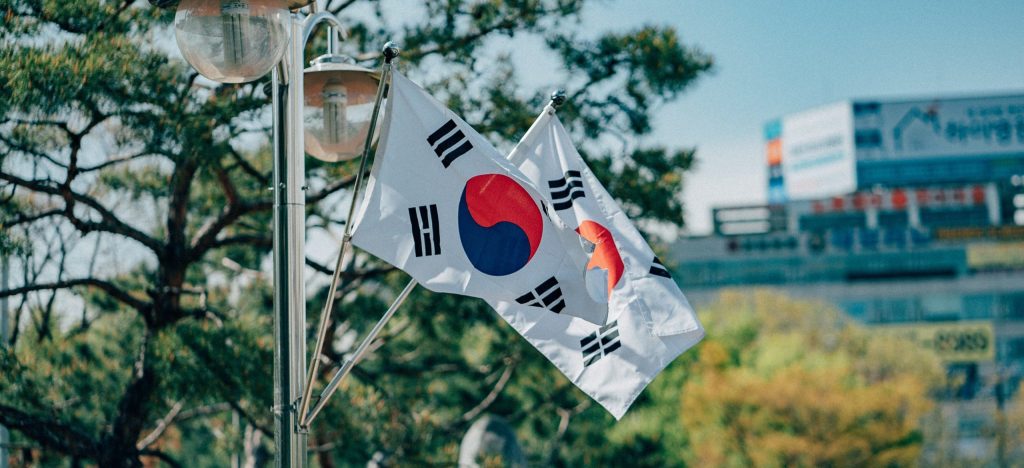Google is commonly known as the global search engine leader, but there are many markets in which it struggles to replicate the dominance it has in the West; Russia, Japan, China and a few others.
One country which joins the league of local search engine giants is South Korea. While Google has established itself as South Korea’s leading search engine, local competitor Naver retains a 14.53% market share; a figure over double the size of Google’s closest competitor in the US. With a population of more than 50 million and a 97.22% internet penetration rate, the country has the sixth-biggest eCommerce market worldwide.
In addition, retail e-commerce sales in South Korea are expected to reach $80.88 billion in 2021, according to the latest Statista estimates. These figures give South Korea the third-largest retail e-commerce market in Asia-Pacific, after China and Japan.
Google vs Naver
Naver’s founders realised early on that when you searched in Korean on Google, there was hardly anything to be found for local results. So, they set out to create a service that would find quality content for South Koreans that is relevant to the market’s needs.
Compared to Google’s market share of 92.47% and 87.74% in the UK and US respectively, its share of 76.55% in South Korea appears far less impressive. This is in no small part due to the South Korean user base’s loyalty to their local search engines, foremost of which is Naver. Naver’s page layout is much busier than Google; with lots of images, flash banners and sections. Although this may look far too cluttered for Western eyes, a site like Google looks far too empty to South Korean consumers. Wayne Lee, an analyst at Woori Investment and Securities, states: “No matter how powerful Google’s search engine may be, it doesn’t have enough Korean-language data to trawl to satisfy South Korean customers.”
Since Google’s surge towards becoming South Korea’s most popular search engine, Naver has pivoted from primarily operating as a search engine to functioning as more of a portal for its own suite of products. Expanding their offering to include products such as Naver Café, KnowledgeIn, and Naver Shopping has positioned them as the second most popular website worldwide, with users remaining on their site for an average of over 27 minutes per visit.
“Naver also gives a comprehensive and interactive search experience by generating search results from each service category in one page. This includes ads, news articles, report blogs, knowledge searches and a Naver e-commerce comparator”, states Mandy Shin of L’atelier.net.
She continues “when you search for an item on Naver, it will present the most frequently used related keywords. For example, if you search for ‘iPhone’, you will see related search words such as ‘iPhone 6’, ‘iPhone sale’, ‘iPhone damage’. This, in turn, increases the user’s browsing time on the portal.
More importantly, Naver provides relevant information tailored for South Korean users, who want a localised service. It has been reported that South Korean search engines (Naver, Daum, Nate) perform better due to a difference in the cultural attitudes of the searcher. MVF Global Customer Acquisition notes that: “All of the South Korean search engines appear more like portals and the homepages have a combination of images and user-generated content, which suggest South Koreans prefer more than search. It appears that in the majority of cases it is only after using user-generated content and blogs that the user will turn to the natural search results. Internet marketers need to be aware of these preferences and consider whether user-generated content such as product reviews would be suitable for their chosen areas of internet marketing”.
| Search Engine market share (South Korea – Jan 2021) | Google – 76.55% | Naver – 14.53% |
| Search Engine market share (UK – Jan 2021) | Google – 92.47% | Bing – 4.96% |
| Search Engine market share (US – Jan 2021) | Google – 87.74% | Bing – 6.25% |
| Retail e-commerce sales estimate 2021 – South Korea | $80.88 billion | Sixth-biggest retail eCommerce market worldwide |
| Internet penetration rate – South Korea | 97.22% |
| Most popular websites worldwide (by time per visit) | Naver – 27.07 (2nd) |
‘Just a face in the crowd’ photo by Scott Cresswell
Let’s accelerate action together
At Oban, we believe change happens when we act, support each other, and keep moving forward. These stories show how small steps can make a big difference. If you want to improve your digital marketing, get in touch. Let’s get started.




